
What Does “Clean Beauty” Mean?
Before we dive into the brands, a quick note: “clean,” “non‑toxic,” “natural” — these aren’t legally or scientifically fixed terms. There’s no universal definition required by regulators. What makes a product non‑toxic or “clean” depends on:
-
Avoidance of certain controversial or synthetic ingredients (e.g. parabens, phthalates, sulphates, certain kinds of synthetic fragrances). Good Housekeeping+3Harper's BAZAAR+3Total Illusion+3
-
Transparency: full or good disclosure of ingredients, sourcing, manufacturing standards.
-
Certifications or third‐party validation (USDA Organic, COSMOS, EWG, etc.)
-
Sustainability, cruelty‑free practices, non‑animal derived/vegan, ethical sourcing & packaging.
-
How “gentle” and skin‑friendly formulas are in real life (not just in marketing).
So when I list the top non‑toxic/clean skincare brands of the year, I’m choosing ones that are strong across several of those dimensions: formulation, ingredient transparency, ethics, sustainability, and verified claims.
Why Care About Clean Beauty?
1. Fewer Potentially Harmful Ingredients
-
Many conventional beauty products include ingredients that have been banned in the EU but are still legal in the U.S.
-
Clean beauty avoids ingredients linked to:
-
Hormonal disruption
-
Skin irritation or allergic reactions
-
Environmental harm (e.g. non-biodegradable microplastics)
-
2. Better for Sensitive or Reactive Skin
-
People with conditions like eczema, acne, or rosacea often find that “cleaner” products with fewer synthetic irritants are less triggering.
3. Transparency & Ingredient Clarity
-
Clean brands usually list every ingredient clearly and avoid vague terms like “fragrance” or “proprietary blend.”
4. Ethical & Eco-Conscious Values
-
Many clean beauty brands also align with:
-
Cruelty-free testing
-
Sustainable packaging
-
Ethical sourcing of ingredients
-
5. It’s Not Just About Skin — It’s About Wellness
-
If you’re careful about what you eat, drink, and breathe — why not think about what you put on your skin (your largest organ)?
-
Clean beauty fits into a holistic wellness lifestyle, alongside clean eating, reducing toxic load, and sustainability.
When Clean Beauty Might Matter Most
You might care more about clean beauty if:
-
You’re pregnant or breastfeeding
-
You have autoimmune or hormonal issues
-
You’ve had allergic reactions to conventional products
-
You’re passionate about sustainability and animal welfare
-
You’re trying to reduce your overall exposure to endocrine disruptors
When Clean Beauty Might Not Matter (As Much)
-
If your current products work well and you don’t have reactions or sensitivities
-
If you prefer clinical/medical-grade products with proven actives (which aren’t always “clean”)
-
If cost or accessibility is a bigger priority than ingredients
-
If you trust certain synthetic ingredients backed by strong science
Clean beauty isn't a must — it’s a choice.
But if you want peace of mind, gentler ingredients, ethical sourcing, and less toxic load, it might be worth switching (or at least checking your labels more closely).
Top Non‑Toxic Skincare Brands of the Year
Here are brands that consistently show up in recommendations, awards, or trusted clean beauty / sustainability lists in 2024‑2025.
Highlights
What Stands Out
Best Seller
Beautycounter
A leader in clean beauty advocacy. They've banned thousands of suspect ingredients, have strong transparency, and high formulation standards.
Their higher price point, but many feel the quality and safety justify it. Good if you want performance + clean commitments.
Ilia Beauty
Clean makeup & skincare hybrid. Often praised for ingredient transparency, using safer formulations, and sustainable or recyclable packaging.
Some products have scent / fragrance that might be strong for very sensitive skin. Worth checking individual product ingredients.
Herbivore Botanicals
Plant‑based, minimalist, focuses on naturally derived ingredients and often uses recyclable packaging. Many fan favorites for masks, oils, etc.
Because they avoid harsher preservatives, some formulations may have shorter shelf lives.
100% PURE
USDA‑certified organic options, fruit‑derived pigments, generally gentle formulas.
Like many organic/natural brands, cost can creep up; availability can vary. Also, some natural ingredients may still cause irritation depending on skin type.
Tata Harper
Luxury clean skincare, often handmade, very high standards about natural, non‑toxic, organic.
Luxurious price tags; more premium. Products are often quite rich, which is great for some skin types but might be heavy for others.
Youth To The People
Blends “superfoods” + potent antioxidants, vegan, cruelty‑free, strong environmental/sustainability messaging.
Some people find the formulas more natural‑feeling but others may prefer more clinical texture or lighter weight products depending on skin.
Cocokind
Known for more accessible price points, simpler ingredient decks, organic components, environmentally conscious packaging.
If you want many active ingredients, their range is more basic; good for gentle, “daily” clean skincare.
True Botanicals
Luxurious formulations with high quality natural/organic materials. Strong reputation among often “clean‑luxury” purchasers.
Premium price; not all products will suit everyone; always patch test (as with any natural formulation).
How to Choose Your Non‑Toxic Skincare
Here are tips to help you decide which brands / products are worth investing in given your skin needs, sensitivities, and values.
-
Define what “non‑toxic” means to you
Maybe parabens are your no‑go, maybe you also avoid synthetic fragrance, or maybe you prioritize vegan or zero‑waste packaging. Knowing your own thresholds helps avoid disappointment or confusion when “clean” doesn’t mean “perfect” for everyone. -
Look beyond labels: read ingredient lists
Just because a brand says “clean” doesn’t mean every product meets every standard. You’ll want to check for the specific active ingredients, preservatives, fragrance content, etc. Some “natural” or “clean” formulas can still irritate (essential oils, plant extracts, acids). -
Check for third‑party certifications
If a brand has COSMOS, USDA Organic, EWG Verified, Leaping Bunny / Cruelty‑Free certifications, those add credibility. -
Consider your skin type & concerns
Clean or natural doesn’t automatically equal non‑comedogenic or good for acne, rosacea, etc. Some rich but natural oils can clog pores; some botanicals may trigger sensitivity. -
Shelf life & stability
Fewer synthetic preservatives usually means shorter shelf lives. Store appropriately. Buy what you’ll use in a reasonable timeframe. -
Sustainability and ethics matter
Clean beauty isn’t just about what your skin can tolerate — what the world can tolerate. Packaging, sourcing, cruelty‑free practices, carbon footprint, etc., are increasingly important.
Potential Drawbacks (and How to Work Around Them)
-
Higher cost: Natural / organic sourcing + sustainable production often cost more. Consider using fewer, multi‑use products rather than a large routine.
-
Irritation risk still exists: “Natural” isn’t always milder. Always patch test, especially with high‑potency botanicals.
-
Shorter shelf life / preservation challenges: Keep usage small, close containers tightly, store in cool places.
-
Marketing vs Reality: Because “clean” isn’t regulated, watch out for vague claims. Brands might use “greenwashing” — big words, little transparency. Use tools, reviews, ingredient databases if needed.


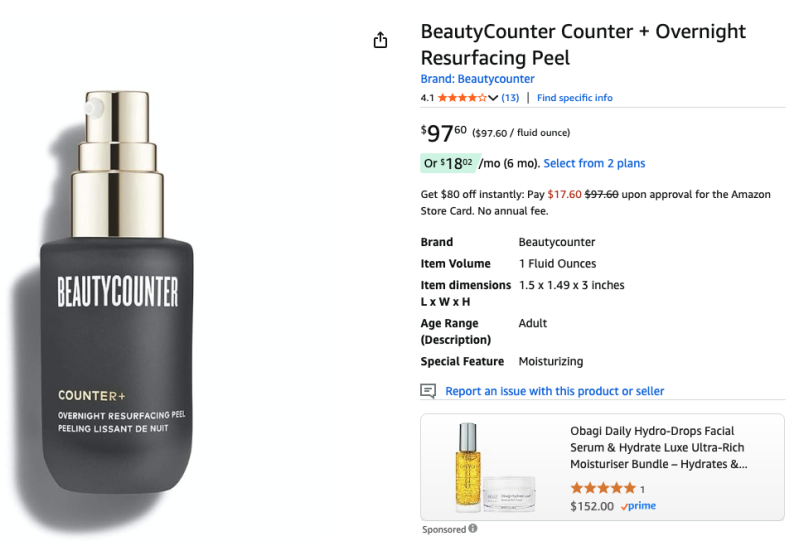

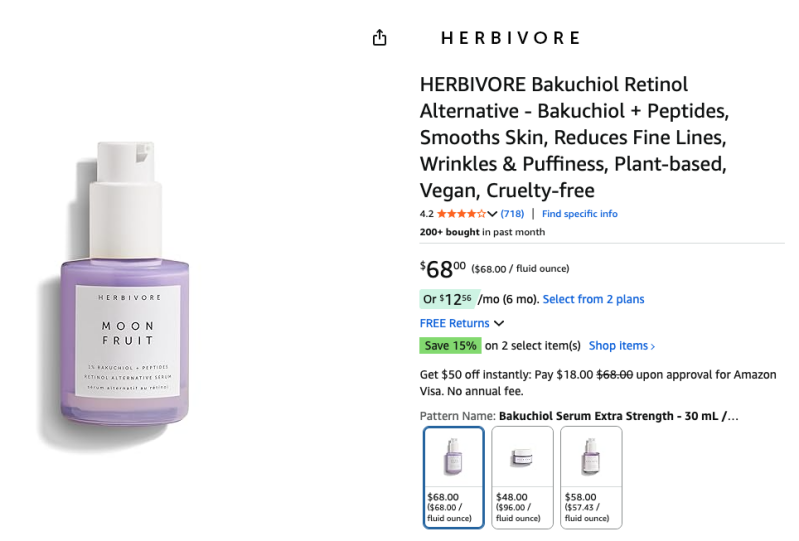
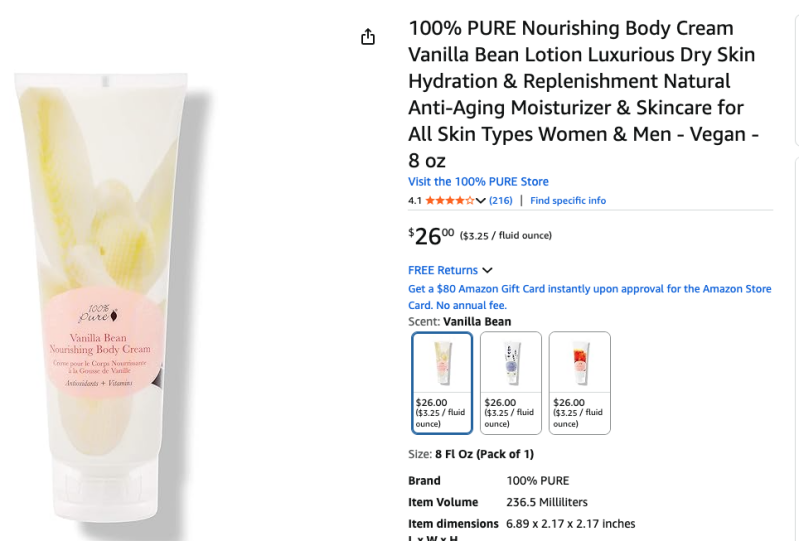
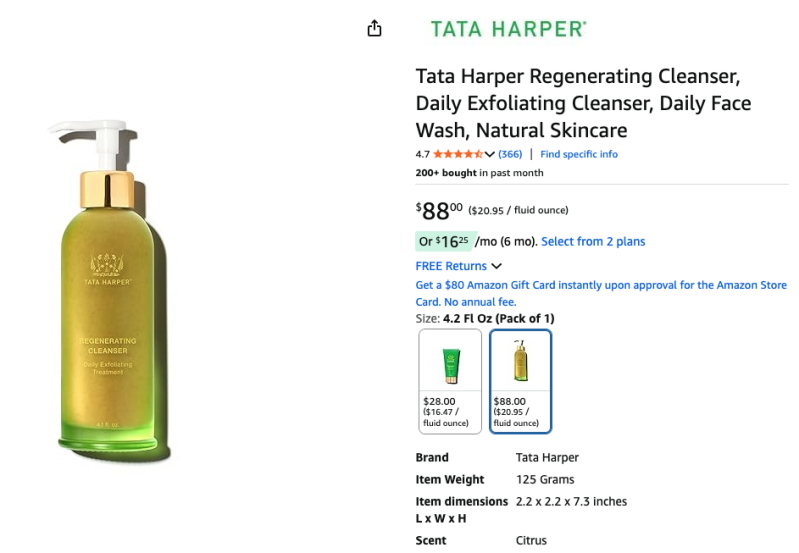
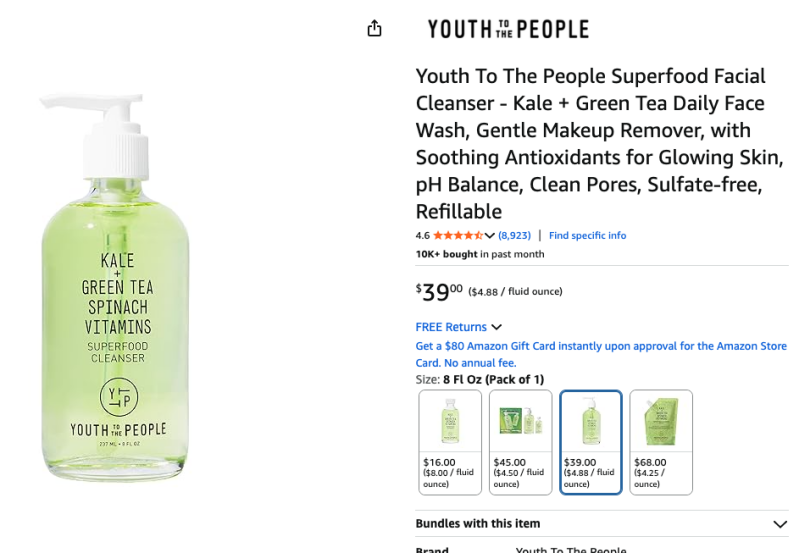

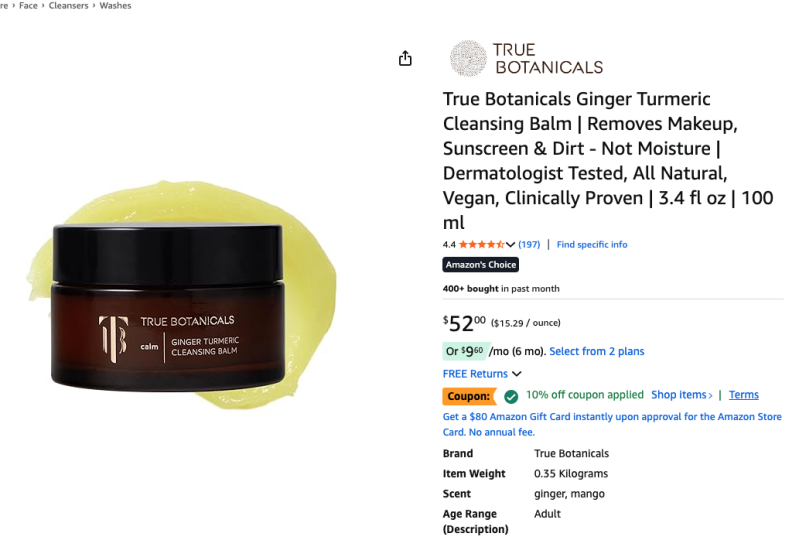
Add comment
Comments